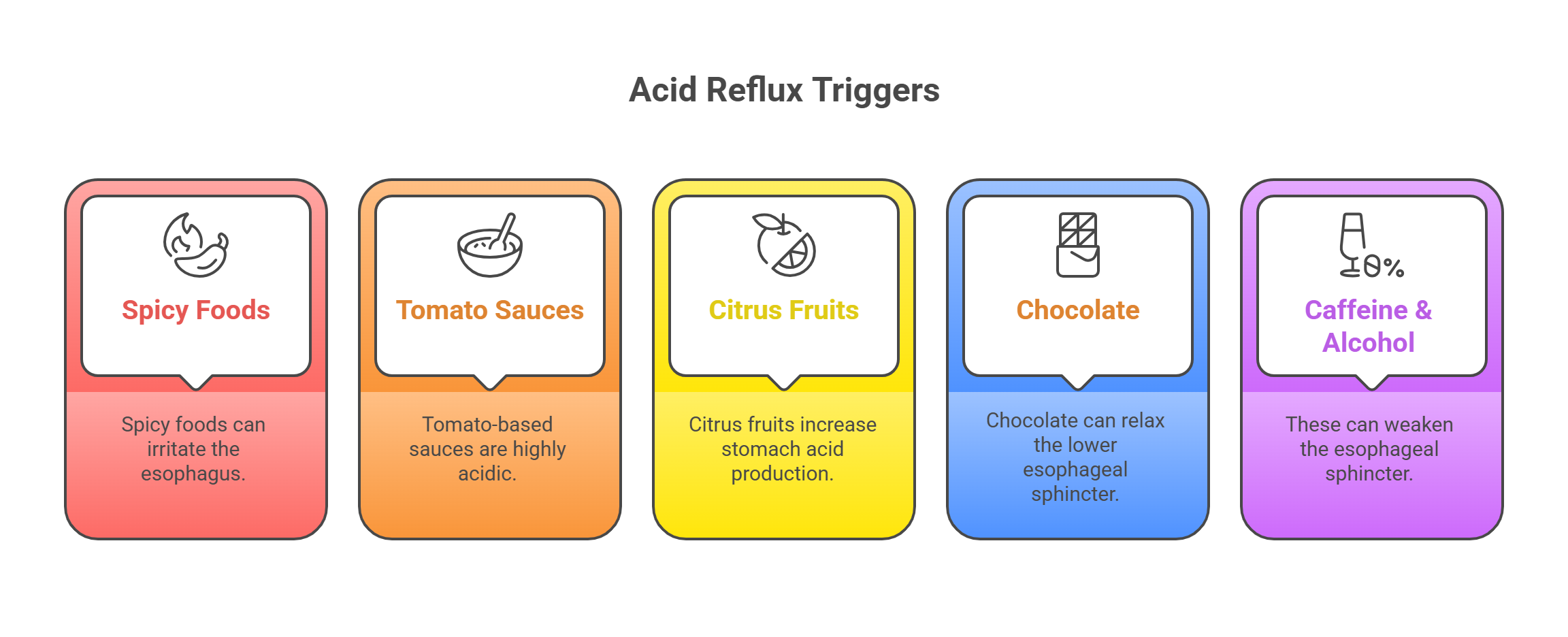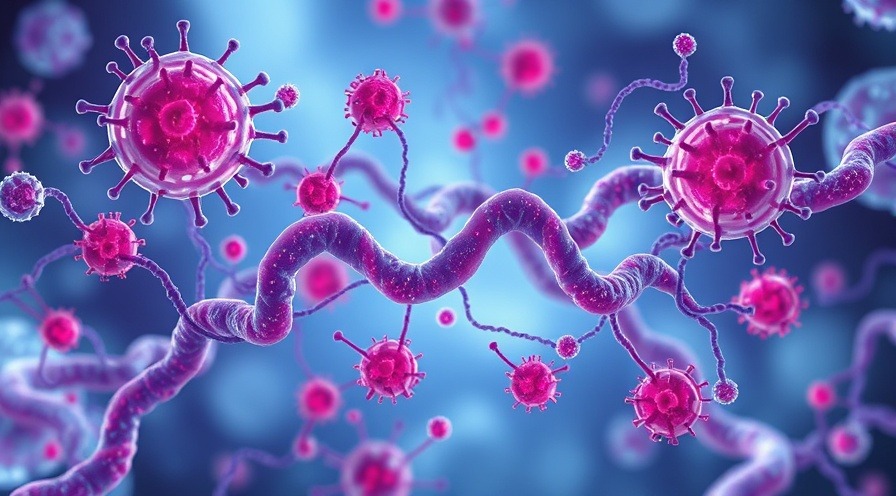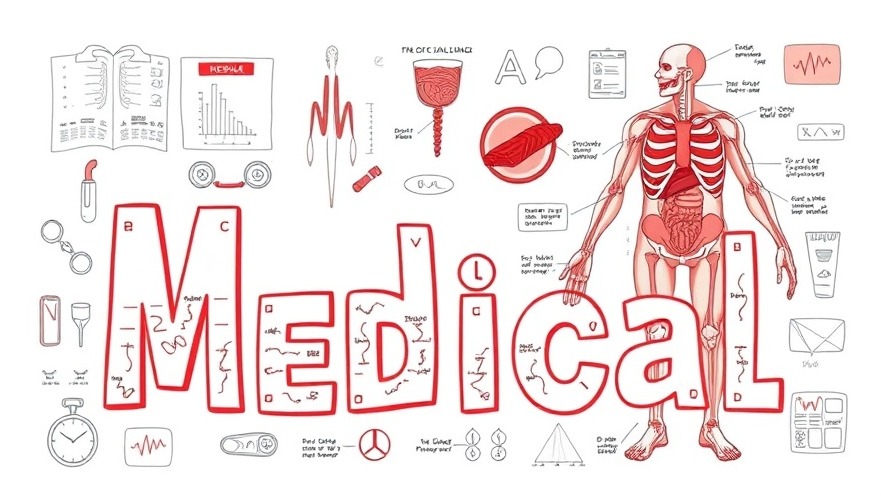
Bye-Bye Burn: 9 Proven Strategies to Tame Heartburn Without Popping Pills Every Day
Is Your Chest on Fire After Tacos Again?
You’re not alone. Millions deal with that all-too-familiar burning in the chest, especially after eating, lying down, or just… existing. The big question: What are the most effective strategies to manage heartburn (aka acid reflux) without living on antacids?
Let’s answer that clearly: Heartburn relief starts with smart lifestyle changes, strategic eating habits, and—yes—sometimes medication, but it doesn’t have to mean giving up flavor or fun. Below, we’ll break it down with evidence-backed tips, easy analogies, and helpful tweaks anyone can implement.
🔥 What Is Heartburn, Really?
Heartburn happens when stomach acid sneaks past your lower esophageal sphincter (LES)—basically the trap door between your stomach and esophagus. When that "door" gets lazy (hello, spicy burritos and late-night pizza), acid creeps upward, causing that signature burn.
Think of your stomach as a volcano, and your esophagus as the peaceful village below. The LES? It’s the dam holding back the lava. If the dam fails... you get Pompeii’d.

✅ 9 Highly Effective, Doctor-Approved Ways to Manage Heartburn
1. Eat Smaller, More Frequent Meals
Big meals = bigger pressure on the LES. Smaller portions help keep acid in its lane.
Pro Tip: Try 4–5 mini meals spaced evenly throughout the day.
🩺 “Avoid overeating and lying down right after meals,” recommends Dr. Scott Gabbard, a gastroenterologist at the Cleveland Clinic. “These are the most common triggers we see in clinic.”
2. Avoid Trigger Foods (You Know the Culprits)
Common offenders include:
Spicy foods 🌶️
Tomato-based sauces 🍝
Citrus fruits 🍊
Chocolate 🍫
Caffeine & alcohol ☕
Start a food journal to figure out what sends your system into meltdown mode.

3. Chew Gum After Eating (Yep, Really)
Chewing gum boosts saliva production, which helps neutralize acid. Go for sugar-free gum with xylitol for a win-win.
According to a study in the Journal of Dental Research, chewing gum can reduce acid in the esophagus after meals (Zhang et al., 2001).
4. Don’t Lie Down Within 2–3 Hours of Eating
Lying down too soon is like inviting gravity to throw a rave in your digestive tract. Give your body time to digest upright before you hit the couch.
5. Elevate Your Head While Sleeping
Use a wedge pillow or raise the head of your bed by 6–8 inches.
Not just stacking pillows—that bends your body, which can make things worse.
🩺 The American College of Gastroenterology supports this method as effective for nighttime reflux (ACG Clinical Guidelines, 2022).
6. Ditch Tight Waistbands and Shapewear (Sorry!)
Compression around the belly can force acid upward. Loosen up—your wardrobe and your gut will thank you.
7. Lose Excess Weight (Even 10 lbs Helps)
Extra belly fat can put pressure on your stomach and weaken the LES.
Fun fact: Losing just 10–15 pounds can significantly reduce symptoms of GERD, according to Harvard Health.
8. Try Natural Remedies with Caution
Some people swear by:
Aloe vera juice (soothing but go for the decolorized, purified kind)
Slippery elm or licorice root (consult your doctor first)
Apple cider vinegar (jury's out—may help some, hurt others)
9. Use Medication Wisely—Not Forever
Antacids like TUMS = quick relief
H2 blockers like famotidine = mid-level help
PPIs like omeprazole = long-term solution (but watch for dependency and nutrient absorption issues)
Talk to your doctor before going full PPI—long-term use can lead to more problems than pizza ever could.

🧠 Real Talk from Experience
After a year of playing ping-pong with my acid reflux, I finally got serious about tracking food triggers and sleeping with my bed elevated. I haven’t needed meds in 6 months—and I still eat tacos (just, you know, not at midnight with hot sauce).
✅ TL;DR Takeaway
Managing heartburn isn’t about giving up your favorite foods forever—it’s about learning your body’s limits, adjusting your habits, and taking control. Small, consistent changes > chronic discomfort any day.
🔄 Related Reads You’ll Love:
❓FAQ – People Also Ask:
Q: Can stress make heartburn worse?
Yes! Stress doesn’t cause acid reflux directly, but it messes with digestion and can worsen symptoms. Practice relaxation techniques like deep breathing, yoga, or even a walk.
Q: Is milk good or bad for heartburn?
It depends. Cold milk can soothe temporarily, but high-fat milk may trigger reflux. Try fat-free or plant-based alternatives if you’re sensitive.
Q: Does water help with acid reflux?
Yes. Sipping water can dilute acid and wash it down. Just avoid chugging huge amounts during meals—it can increase stomach pressure.
Q: What is the best sleeping position to reduce heartburn?
On your left side. That keeps the stomach below the esophagus. Right side? Acid slip-n-slide.
 Add Row
Add Row  Add
Add 




Write A Comment